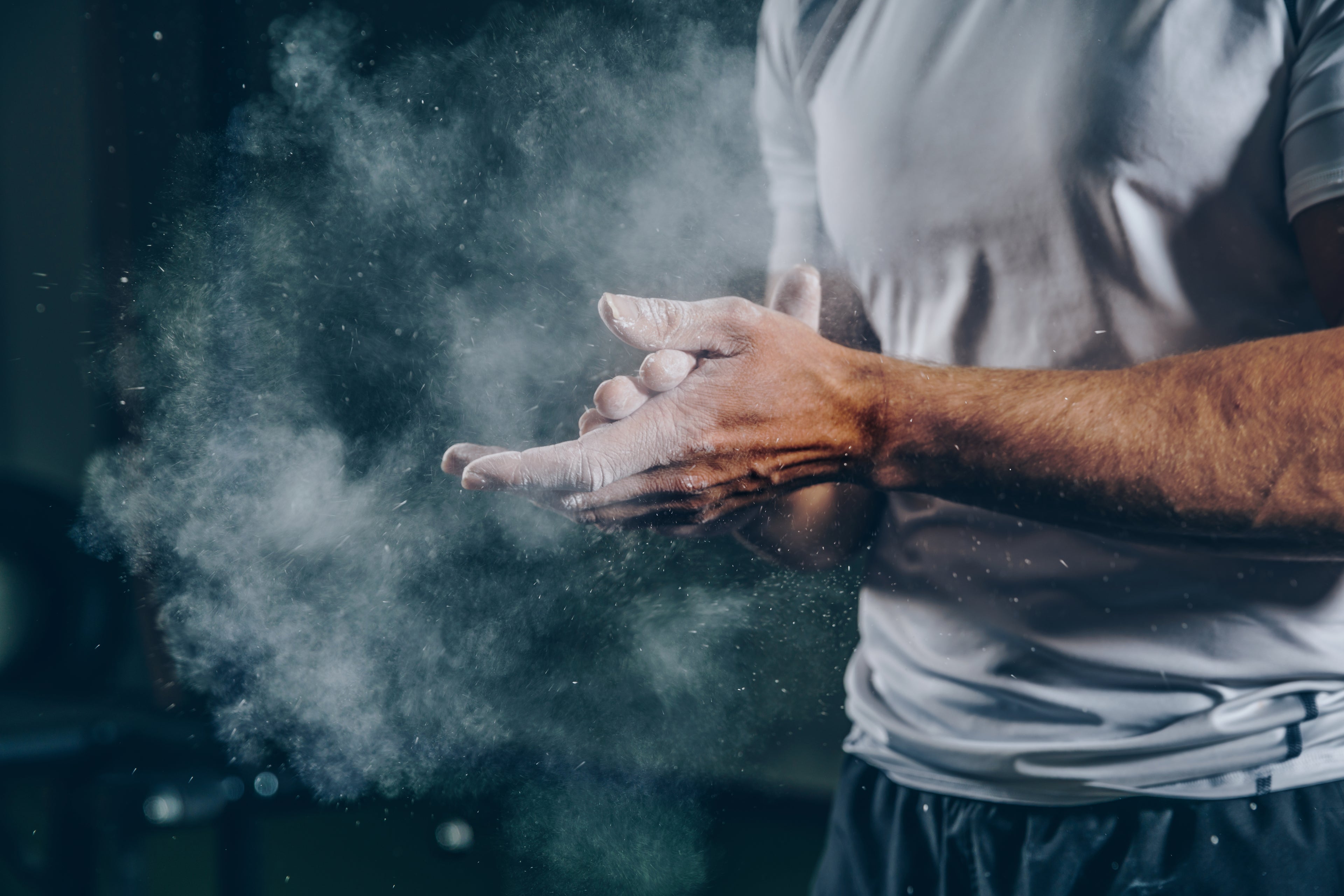
Restitution
Recovery: The Key to Success in Calisthenics Training
Recovery is a crucial component of any exercise routine, especially in calisthenics, where bodyweight exercises place great demands on both muscles and connective tissue. This article explores the importance of recovery in calisthenics and why it is critical to achieving both short- and long-term training goals.
What is Restitution?
Recovery refers to the process by which the body heals and rebuilds itself after physical exertion. This process includes muscle repair, replenishment of energy stores, and reduction of inflammation. In the context of calisthenics, this involves taking a break from intense exercise, giving the muscles time to repair and strengthen themselves.
Why is Recovery Important in Calisthenics?
-
Prevention of Overtraining: Calisthenics require high intensity and repetitive movements, which can strain muscles and joints. Without adequate rest, the risk of overtraining and injury increases.
-
Improves Muscle Growth: Muscles grow and become stronger during periods of rest, not while you exercise. Recovery is therefore essential for muscle growth.
-
Improves Performance: Adequate rest improves your overall physical performance. Without rest, performance will decline over time.
-
Mental Health: Recovery also helps prevent mental fatigue, which is just as important as the physical part.
Implementing Recovery in Your Calisthenics Training
-
Planned Rest Days: Incorporate 1-2 rest days per week into your training program to ensure the body has time to recover.
-
Active Recovery: Low-intensity activities such as yoga, stretching or light walking on rest days can promote blood circulation and speed up the healing process.
-
Sleep quality: Prioritize good sleep quality, as it is during sleep that most of the body's repair processes take place.
-
Nutritious Diet: A diet rich in proteins, healthy fats, and complex carbohydrates supports the rebuilding process.
Conclusion
Recovery plays an essential role in calisthenics and is essential to avoid overtraining, promote muscle growth and improve overall performance. Incorporating adequate rest, combined with a nutritious diet and good sleep, will ensure you get the most out of your training while maintaining your body's health and well-being. It is important to listen to your body and adapt the rest periods to your individual needs and training intensity. Remember, in calisthenics, as in all forms of exercise, recovery is not just an adjunct to the exercise – it is an integral part of it.